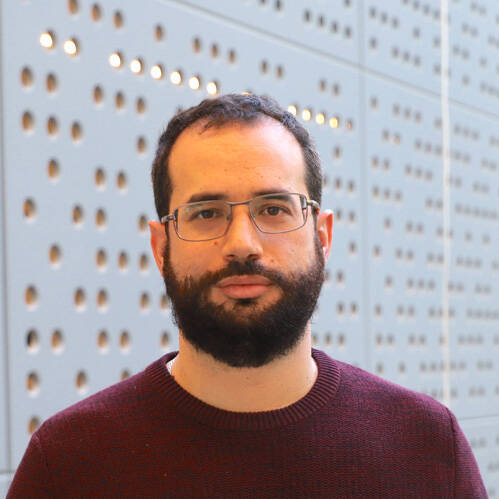José Luis Sardina
Junior Group Leader
Biography
Dr. José Luis Sardina was born in Reinosa (Cantabria) in 1982. He received his Bachelor's Degree in Biology in 2005 and Biochemistry in 2006 (with an extraordinary graduation award) from the University of Salamanca. In 2010, he was awarded his Ph.D. in Biology (with an extraordinary Ph.D. award) from the University of Salamanca. During his Ph.D., he researched the role of reactive oxygen species (ROS) and protein tyrosine phosphatases in hematopoietic differentiation under the supervision of Dr. Ángel Hernández Hernández and Dr. Jesús Sánchez Yagüe. After obtaining his Ph.D., he worked as a postdoc at the Institute of Functional Biology and Genomics (IBFG) under the guidance of Prof. Francisco Antequera, where he researched aberrant CpG island methylation under conditions of cellular stress and cancer. In 2012, Dr. Sardina joined the laboratory of Prof. Thomas Graf (Centre for Genomic Regulation -CRG-, Barcelona) for a second postdoctoral stage. During this time, he focused on developing new protocols for efficient and ultrafast conversion of mouse and human pre-B lymphocytes into induced pluripotent stem cells (iPSCs). Later, he discovered the molecular mechanisms underlying cell fate conversion involving the Tet2 DNA dioxygenase in the process. Dr. Sardina joined the Josep Carreras Leukaemia Research Institute (IJC) in Fall 2019 as a Miguel Servet researcher to lead the Epigenetic Control of Haematopoiesis (ECH) laboratory. The ECH lab's research is focused on understanding how aberrant DNA methylation at distal gene regulatory regions poisons the chromatin to trigger corrupted gene expression signatures in the cells, ultimately leading to cancer onset and progression.